7 Early Signs of Sleep Apnea That You Shouldn’t Ignore
Everything you need to know about obstructive sleep apnea.
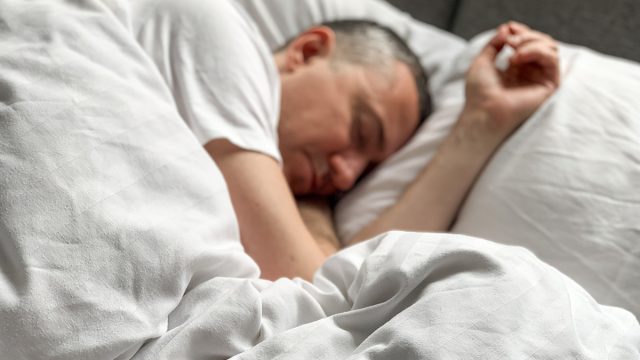
Obstructive sleep apnea is the most common sleep-related breathing disorder. While it may seem harmless, with the biggest implication being snoring, if gone untreated it can lead to serious health issues. One reason is that people who have the condition stop and start breathing when they sleep. Here are the 7 signs to look out for that should have you concerned.
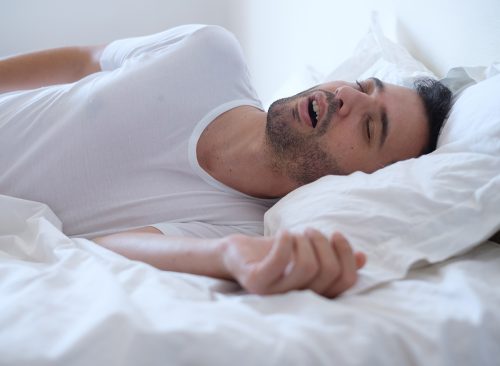
If you are snoring loud enough to disturb your sleep or the sleep of others, you should talk to your doctor, says the Mayo Clinic. “Snoring doesn’t necessarily indicate something potentially serious, and not everyone who snores has obstructive sleep apnea,” they point out.
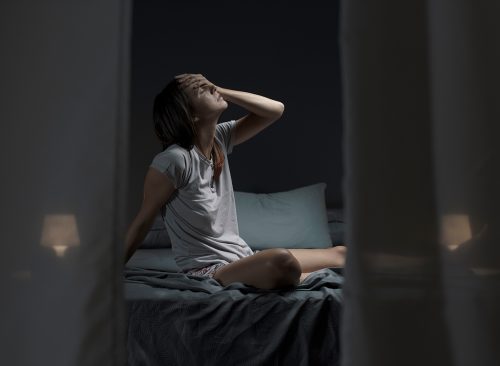
If you find yourself waking up in the middle of the night, “gasping or choking” it could be sleep apnea.
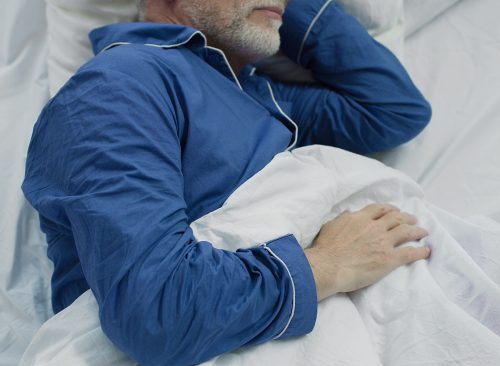
One major sign of sleep apnea? Pausing in your breathing during sleep, says the Mayo Clinic. “Be sure to talk to a member of your health care team if you snore loudly, especially if your snoring is interrupted by periods of silence. Snoring may be loudest — and breath pauses known as apneas may be more common — when you sleep on your back,” they write.
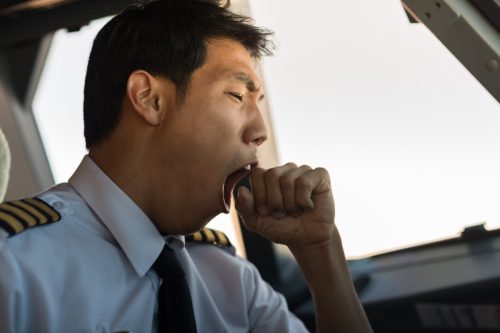
If you are having excessive daytime drowsiness, it could be sleep apnea. “This may cause you to fall asleep while working, watching television or even driving a vehicle,” they say. “Ask your health care team about any sleep problem that leaves you fatigued, sleepy and irritable on a regular basis. Excessive daytime drowsiness may be due to other disorders, such as narcolepsy.”
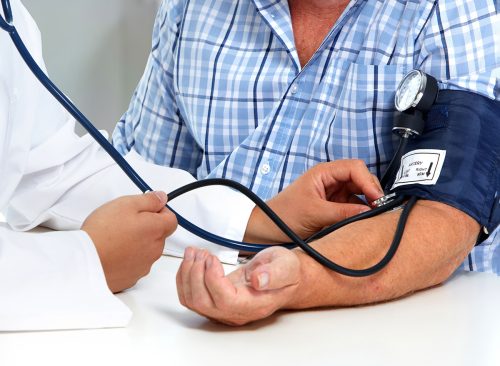
One serious side effect of sleep apnea can be high blood pressure. “Sudden drops in blood oxygen levels that occur during obstructive sleep apnea increase blood pressure and strain the cardiovascular system. Many people with obstructive sleep apnea develop high blood pressure, which can increase the risk of heart disease,” explains the Mayo Clinic. It can also increase risk of coronary artery disease, heart attack, heart failure and stroke, and heart rhythm problems known as arrhythmias. “Arrhythmias can lower blood pressure. If there’s underlying heart disease, these repeated multiple episodes of arrhythmias could lead to sudden death,” they say.
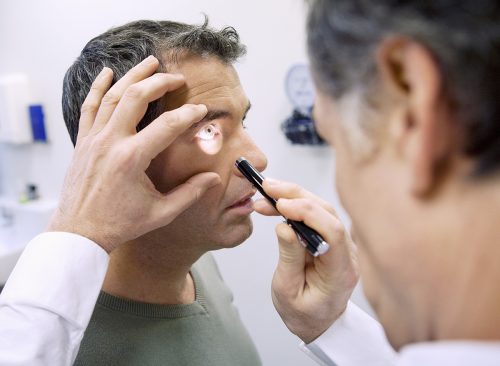
The Mayo Clinic points to research finding a connection between obstructive sleep apnea and certain eye conditions, such as glaucoma. “Eye complications can usually be treated,” they say.

According to the Mayo Clinic, people with obstructive sleep apnea also may complain of memory problems, morning headaches, and mood swings or depression and may also may need to urinate often at night.
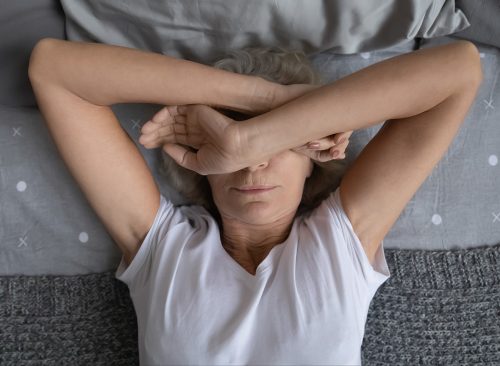
The Mayo Clinic explains that obstructive sleep apnea occurs when the muscles in the back of the throat, which usually support the roof of your mouth, tongue, and side walls of the throat, relax too much to allow for proper breathing. When this happens, the airway narrows or closes as you breathe in. “This can lower the level of oxygen in the blood and cause a buildup of carbon dioxide,” they say. “Your brain senses this impaired breathing and briefly rouses you from sleep so that you can reopen your airway. This awakening is usually so brief that you don’t remember it.” Many people are unaware it is occurring.

While sleep apnea can develop in anyone some people are at a higher risk than other.
Excess weight. “Most but not all people with obstructive sleep apnea are overweight. Fat deposits around the upper airway can obstruct breathing. Medical conditions that are associated with obesity, such as hypothyroidism and polycystic ovary syndrome, also can cause obstructive sleep apnea,” says Mayo Clinic.
Older age. “The risk of obstructive sleep apnea increases as you age but appears to level off after your 60s and 70s,” they added.
Narrowed airway. “A naturally narrow airway is a trait that can be passed down in your family. Or your tonsils or adenoids might become enlarged and block your airway,” they write.
High blood pressure, known as hypertension.
Chronic nasal congestion. “Obstructive sleep apnea occurs twice as often in those who have consistent nasal congestion at night, regardless of the cause,” writes the Mayo Clinic.
Smoking.
Diabetes.
Being a male. According to the Mayo Clinic, men are 2 to 3 times more likely as premenopausal women to have obstructive sleep apnea. “However, the risk of obstructive sleep apnea increases in women after menopause,” they wrie.
A family history of sleep apnea.
Asthma.

The good news is, if you do have sleep apnea, which your doctor can diagnose after a sleep study, there are a variety of treatment options. You may need to wear a CPAP (continuous positive airway pressure) mask. They may also suggest surgery.














